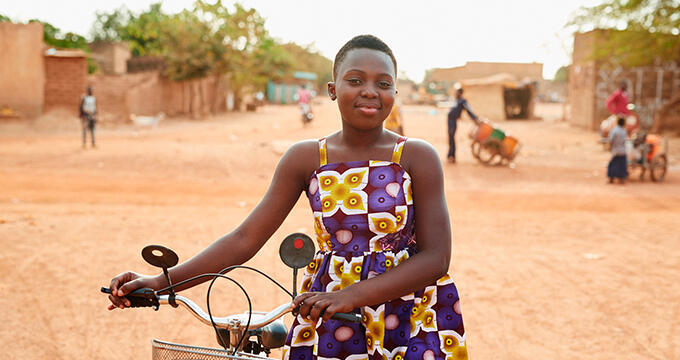
“I refused”: Brave women and girls take a stand against FGM
Latty's mom made a commitment to never subject her daughters to female genital mutilation. Today, advocate and singer Latty Compaoré is one of millions of girls around the world raising her voice to help end the practice.
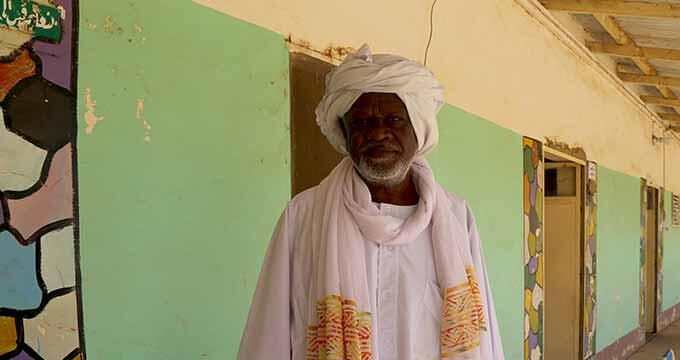
A vision of change: Pioneer spends 30 years advocating end to FGM in Sudan
In the early 1980s, Abdullah Ali Abdullah saw constant infections and childbirth complications while volunteering in a health centre in Sudan’s North Kordofan state. He soon realized many of these issues had the same root cause – female genital mutilation (FGM).
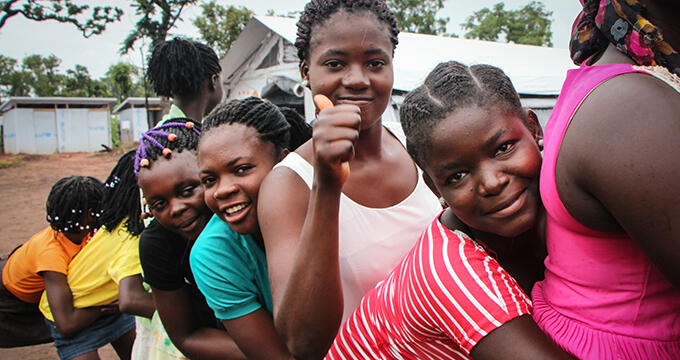
Women-friendly spaces offer safe haven for Congolese refugees in Angola
In a simple white tent in the Lóvua refugee settlement in Angola, women and girls who fled the brutal conflict in Kasai, in the Democratic Republic of the Congo, can find safe haven and support.
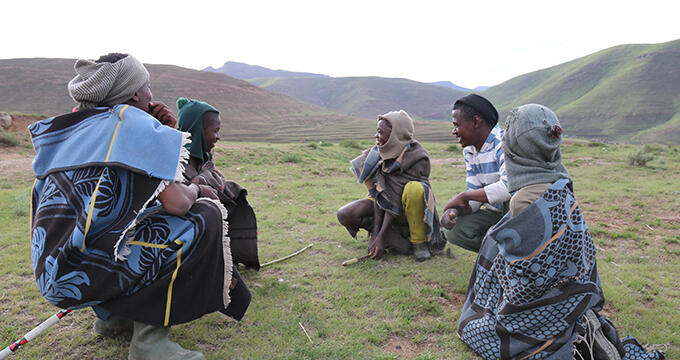
To tackle sexual violence in Lesotho, programme targets men and boys
“Before, I never used a condom, and I would force myself violently onto girls and young women,” said Kabelo, 22, in rural Lesotho.
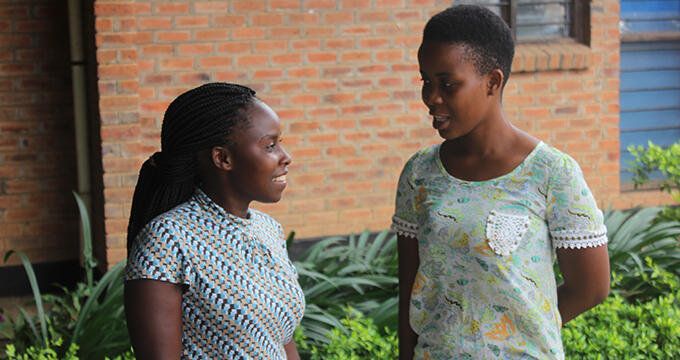
For Malawi students, menstrual cups offer cost-saving alternative
Prisca Gama, 22, and Given Mwira, 26, remember first trying the menstrual cup in November 2016. The women, both fourth-year students at Mzuzu University in northern Malawi, quickly became enthusiastic about the product, finding it to be cost-effective and environmentally friendly.